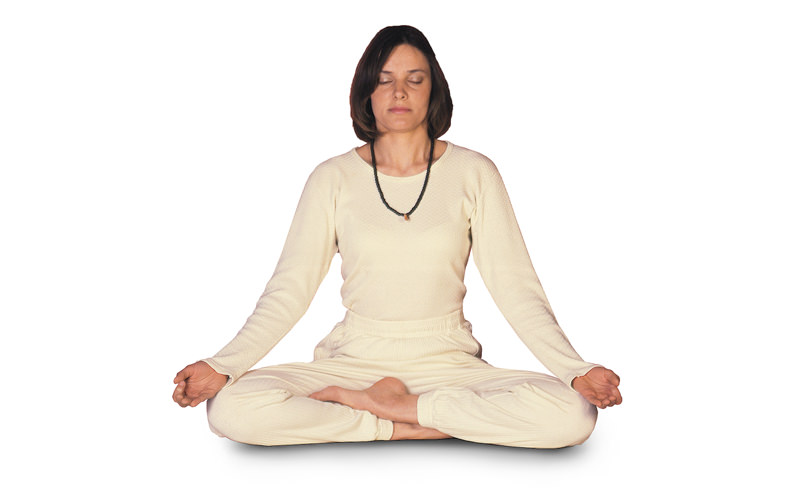Duration:
30 - 45 minutes
Each part of the exercise should be practiced for at least 2 weeks.
Analysis of Your Own Good Qualities
-
Discover your merits e.g. appearance, knowledge, abilities, talents, etc. (about 10 minutes).
-
Examine what advantages they bring you (about 10 minutes).
-
Think about how you are judged by the people in your environment (about 10 minutes).
-
Remain emotionally neutral and take the position of an observer.
Analysis of Your Own Bad Qualities
-
Discover your weak points and analyse them (about 10 minutes).
-
Examine what disadvantages they bring you (about 10 minutes).
-
Think about how your fellow humans judge them (about 10 minutes).
-
Also take the position of a neutral observer in relation to this.
Assessing Your Own Good and Bad Qualities
-
Now critically look at your so-called “good” qualities. Are they really good and helpful or do they only strengthen your ego i.e. do you cultivate them only to appear good before others? Do they support your relationship to your fellow humans or do they estrange you from them? (about 15 minutes).
-
Now critically look at your alleged or real weaknesses and faults. Are they really bad? Or do they perhaps relate to feelings of inferiority and complexes. How did they come into being? How have they developed? (about 15 minutes).
Free Yourself from External Labels
-
Continue to analyse your qualities, characteristics and habits.
-
Free yourself from the opinions of your environment. Discard all “masks” and “roles”, which only serve to make you to appear “good” in front of others. Also free yourself from prejudices and complexes that you have picked up from your environment (about 15 minutes).
-
Discover within yourself those qualities which can make you free and happy. Feel how these qualities develop and unfold within you (about 15 minutes).
Analysis of Bad Habits
-
Make yourself conscious of those qualities and habits which really hinder you and are harmful. Be honest with yourself and conceal nothing. But do not allow any complexes or sense of guilt to arise. Always remain in the position of an observer.
-
Find concrete possibilities to overcome those qualities and bad habits that hinder or harm you.
-
Imagine how you can live after overcoming these obstacles.
-
Remain in the position of a benevolent, objective observer without self-reproach or feelings of inferiority.
Development of Shantabhava
-
Develop and allow to unfold within you the qualities and feelings of Shantabhava: love, understanding, patience, compassion, forgiveness, contentment, peace, reverence and respect humans, animals and nature (about 15 minutes).
-
Inwardly release yourself from all problems, fears, complexes and self-reproaches that plague you (about 15 minutes).
-
Always remain in the position of the observer and be conscious that everything you do is practice: “I am that one who is practicing”.
Purity of thought is just as important as purity of words and deeds. According to the law of Karma, what you think is in reality already done. Thoughts are powerful, more powerful than the spoken word. Negative thoughts impact upon you like poison. However, good thoughts are like nectar, they are your best and most helpful friends.
Make it your principle: “My first thoughts shall always be positive.”
